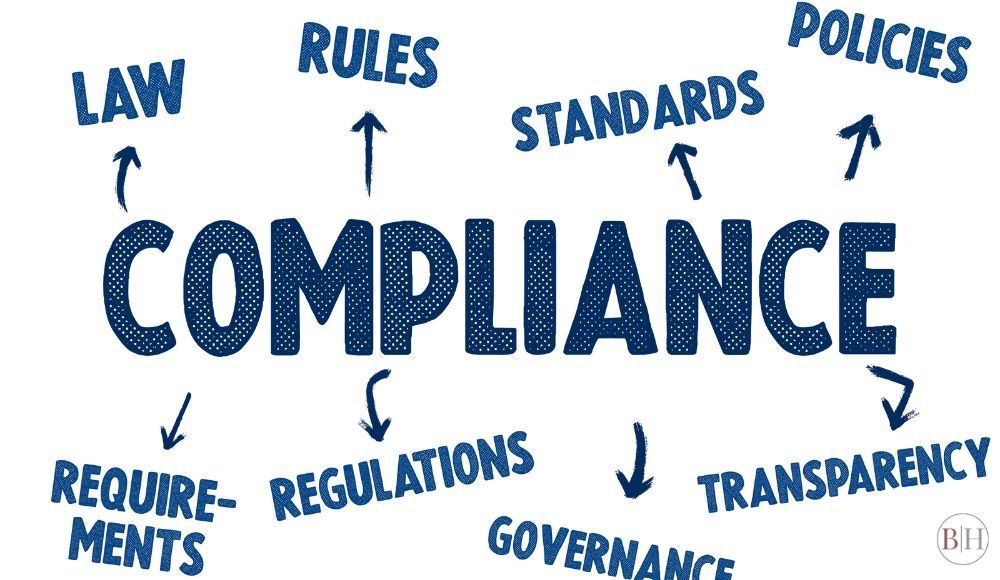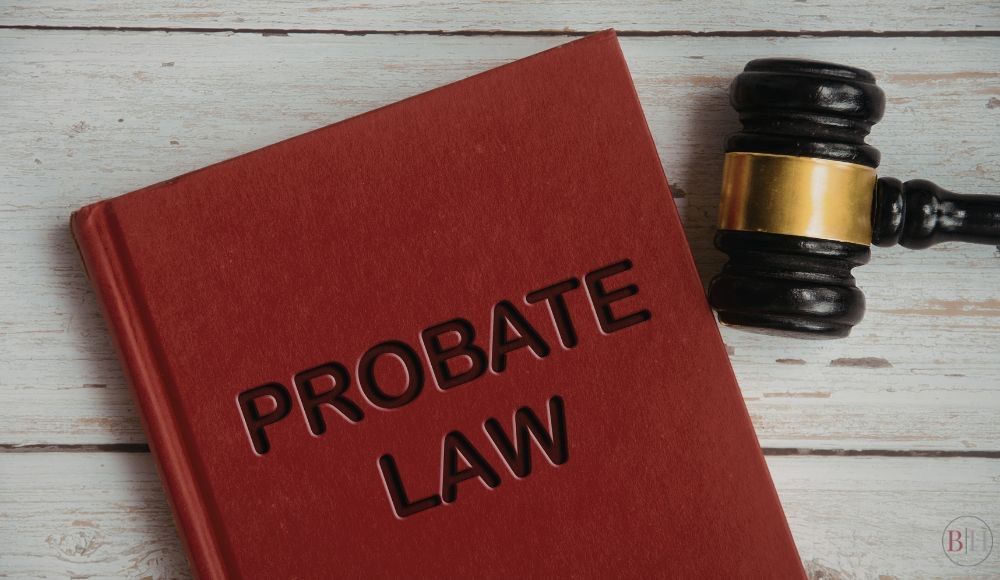Cause of Action and Civil Litigation

In a Civil Litigation complaint, more than one cause of action may be included. A cause of action is a “set of predefined factual elements that allow for a legal remedy,” Cornell Law School explains.
A plaintiff needs to ensure that all causes of action are included in the filed complaint. The burden of proof is on the plaintiff. The plaintiff needs to prove each element of the cause of action that is filed.
A cause of action can be based on or defined by one of the following:
- Statute:
“A statute is a law enacted by a legislature,” Cornell Law School explains. “Statutes are also called acts, such as the Civil Rights Act of 1964 or the Sarbanes-Oxley Act.” Federal and state laws sometimes define a specific cause of action. For example, mechanic’s liens can be filed when a contractor is not paid. The process to file the lien is defined by statute.
- Judicial precedent:
“Precedent refers to a court decision that is considered as authority for deciding subsequent cases involving identical or similar facts or similar legal issues,” Cornell Law School explains. “Some judges have stated that precedent ensures that individuals in similar situations are treated alike instead of based on a particular judge’s personal views.” Sometimes, a judicial precedent can be used as a cause of action.
- Administration Regulation:
A cause of action can also come from a regulation. “A Regulation is an official rule. In the Government, certain administrative agencies have a narrow authority to control conduct within their areas of responsibility,” Cornell Law School explains. “These agencies have been delegated legislative power to create and apply the rules, or ‘regulations.’” Sometimes, regulation violations can be the basis for a cause of action.
Examples of causes of action:
- Breach of Contract:
A violation of a term or condition of a contract, such as failure to deliver promised services or goods, failure to complete a job, failure to make a payment, etc.
- Fraud:
Intentionally deceiving someone to deprive them of their legal rights or to secure unfair or unlawful gain. For example, someone selling something they know is faulty (a car, boat, etc.) to someone else without disclosing that information.
- Tort (Negligence, Assault, or Intentional Harm):
The most common type of tort, negligence, is basically carelessness. It is doing or not doing what a reasonable person would typically do under the circumstances that cause harm to someone else. Examples include car accidents, slips and falls, and medical malpractice.
- Defamation:
Making false statements – written (libel) or spoken (slander) - that injure a person’s reputation.
Bingaman Hess Litigation Attorneys Save Time and Money
Whether you are the plaintiff or defendant, the litigation attorneys at Bingaman Hess have the knowledge and experience to achieve the best outcome for you as swiftly as possible. Call today at 610.374.8377 or find us online.









